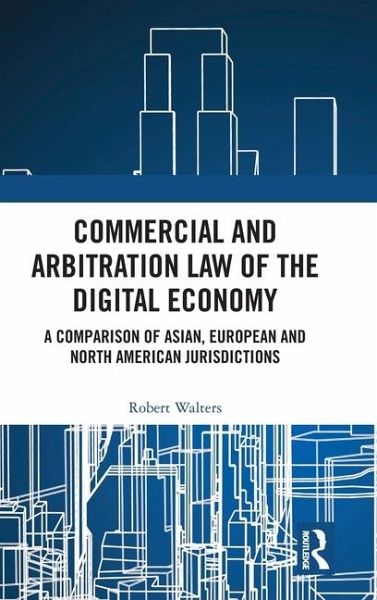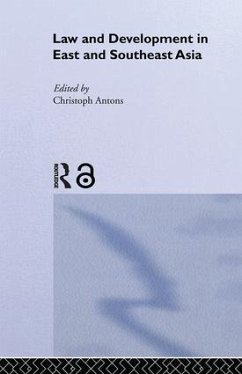
Commercial and Arbitration Law of the Digital Economy
A Comparison of Asian, European and North American Jurisdictions
Versandkostenfrei!
Versandfertig in 1-2 Wochen
157,99 €
inkl. MwSt.
Weitere Ausgaben:

PAYBACK Punkte
79 °P sammeln!
This book discusses the importance of the digital economy and the onset of quantum and critical technology. It looks at how its implementation, either on its own or coupled with artificial intelligence, impacts commercial and arbitration law. A useful reference for governments, regulators, legal, technologists and policy experts.













